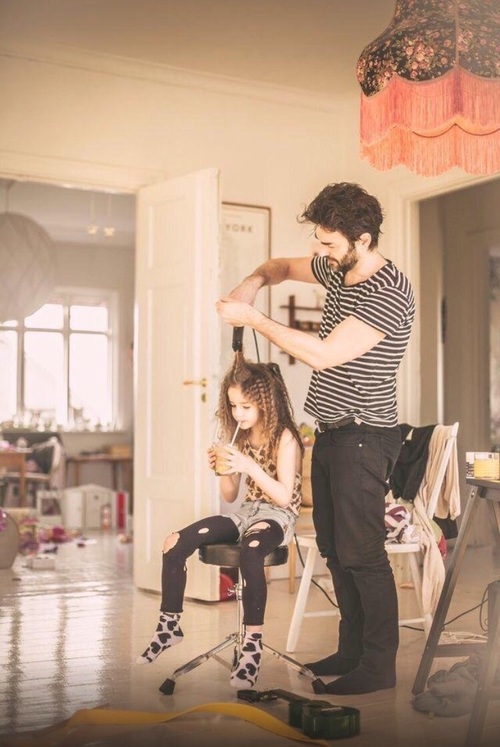Posts Tagged ‘co-parenting’
Coparenting Through Children’s Birthdays After Divorce
Despite the high divorce rates, the end of a marriage is never easy—especially when you’re the one getting divorced. Obviously, it’s not easy for you or (most likely) your Ex. And it’s definitely difficult for your children. Children of divorce tend to wonder about things like what part they played in the breakup of their…
Read MoreHow to Parent Your CoParent (Without Him Realizing!)
You know that setting an example is always important. And you can guess, I’m not just talking about the model you demonstrate to your kids. When you separate and become coparents, it is so easy to disengage and consequently, communicate less and less with your ex. It can be such a relief! Yet, communication more…
Read More

